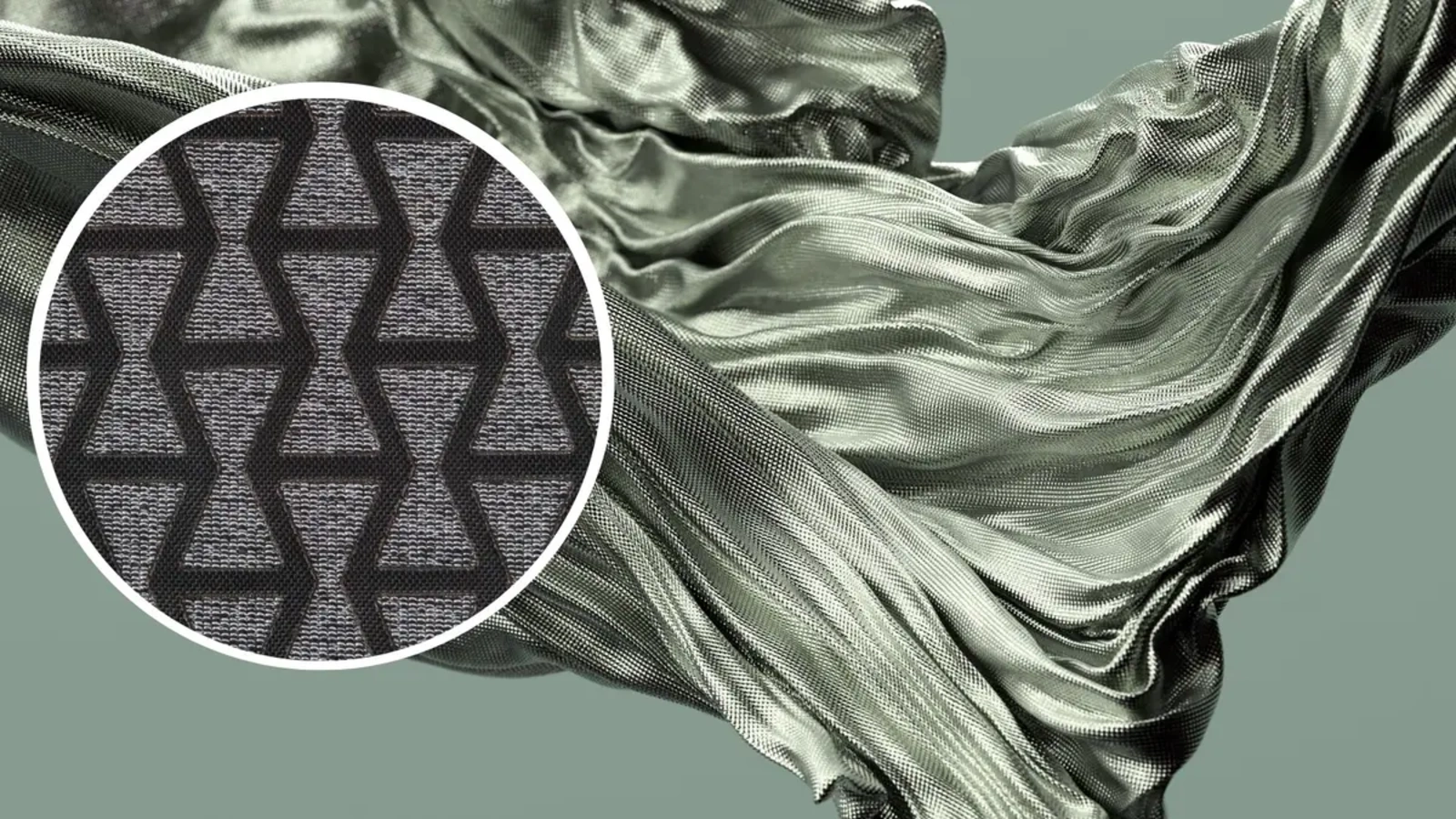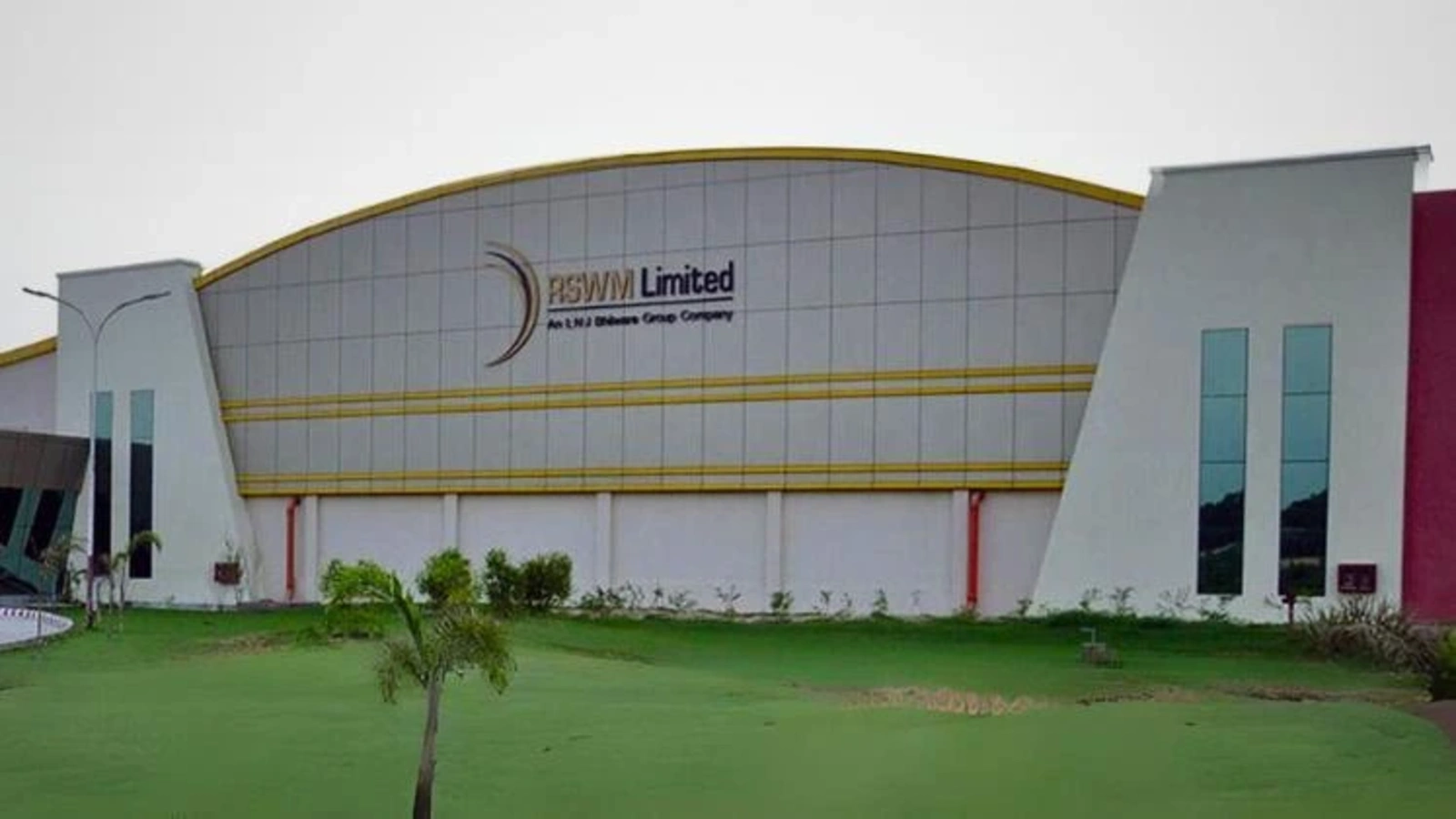Harvard Unveils New Stretchable Textile That Reduces Drag Up To Twenty Percent
Share Post
A team of researchers at the Harvard John A Paulson School of Engineering and Applied Science has introduced a groundbreaking textile that dynamically adjusts its aerodynamic behavior while worn on the body, marking an important step toward next generation smart materials. Early tests indicate that this textile can reduce drag by up to twenty percent, opening new pathways for high speed sports, aerospace development, maritime engineering and multiple civil engineering applications.
At the core of this innovation is a dimpling mechanism inspired by the aerodynamics of a golf ball. When the textile is stretched, it forms dimples across its surface, enabling it to control airflow with remarkable precision. Because the fabric is soft and elastic, it can shift and reshape its dimples on demand, altering aerodynamic performance as wind conditions change. Graduate researcher David Farrel shared that the team ran three thousand simulations to explore an extensive library of dimpling patterns before testing them in a wind tunnel. Through this process, they identified specific patterns that performed optimally under particular wind speed zones.
To bring the textile to life, researchers crafted a dual layered composite using a stiff black woven material paired with a soft gray knit. A laser cutter and heat press were used to design patterns in square and hexagon lattices that determine how the textile expands and responds to motion. Unlike conventional fabrics that tighten when stretched, this textile opens and forms controlled dimples, creating a new aerodynamic profile that adapts to the body.
Published in Advanced Materials, the study outlines how stretch induced dimpling can be tuned through Finite Element simulation to unlock variable aerodynamic performance. With the ability to modulate drag force across target wind speed ranges, the new textile promises a future where clothing can serve as a responsive aerodynamic tool for both athletes and engineers seeking greater efficiency.
11:46 AM, Nov 04
A PHP Error was encountered
Severity: Warning
Message: Trying to access array offset on value of type null
Filename: user/single_post.php
Line Number: 294
Backtrace:
File: /home/textilebusiness/hometextiles.in/application/views/user/single_post.php
Line: 294
Function: _error_handler
File: /home/textilebusiness/hometextiles.in/application/controllers/User.php
Line: 2779
Function: view
File: /home/textilebusiness/hometextiles.in/index.php
Line: 315
Function: require_once








1.webp)
1.webp)


























.png)




31.PNG)

31.PNG)



51.PNG)
41.PNG)





1.PNG)



1.PNG)

